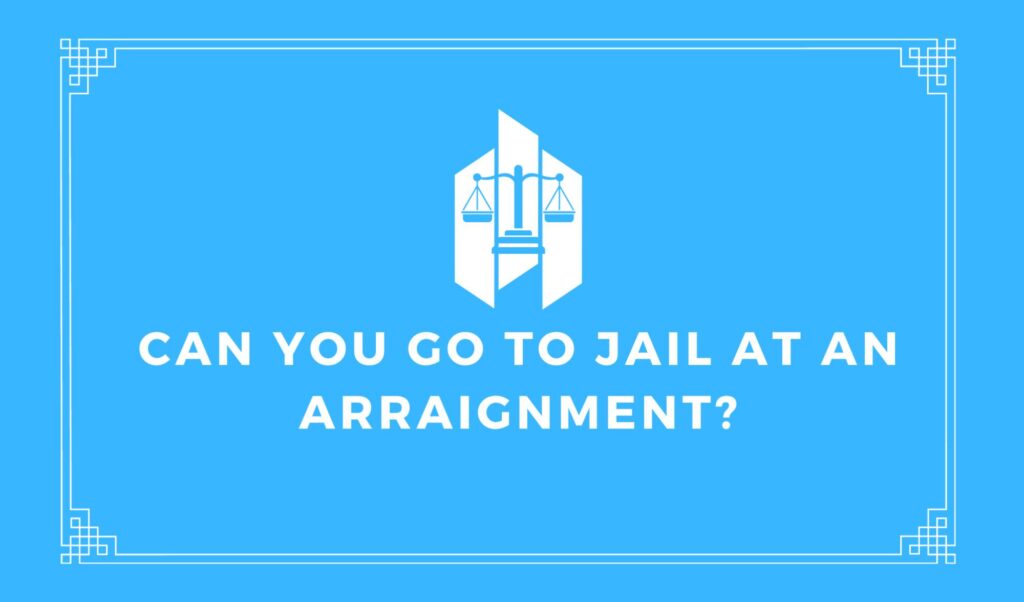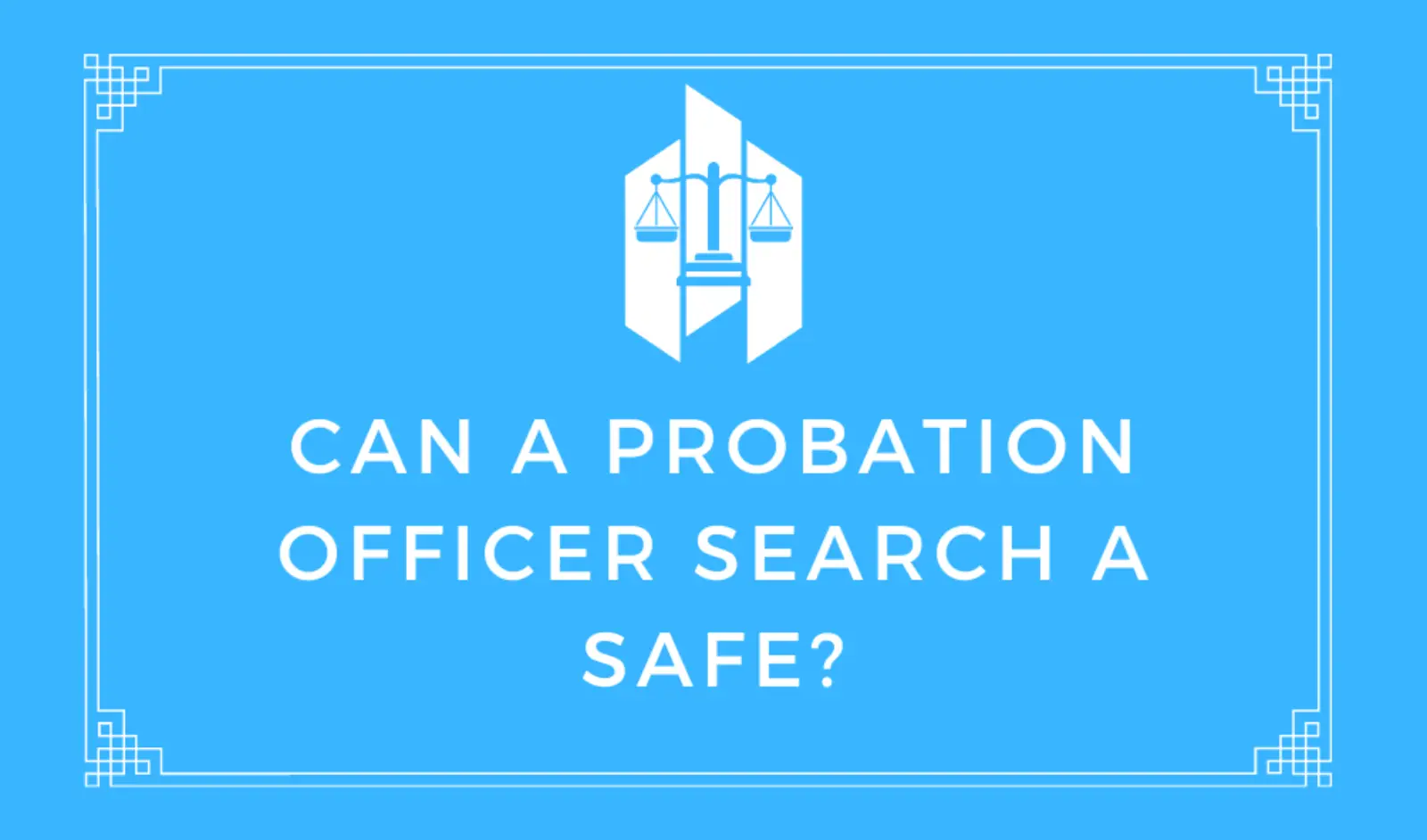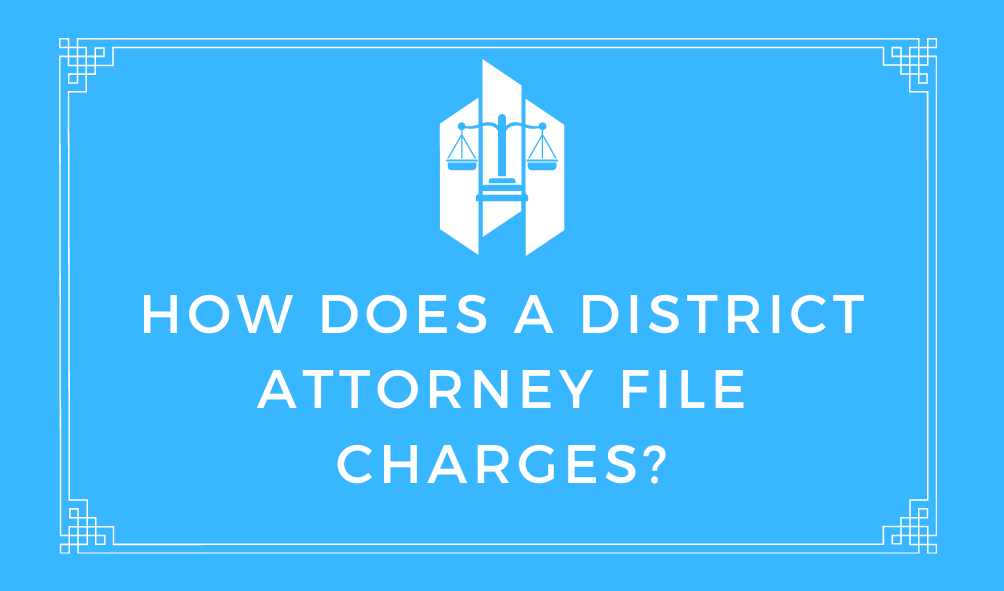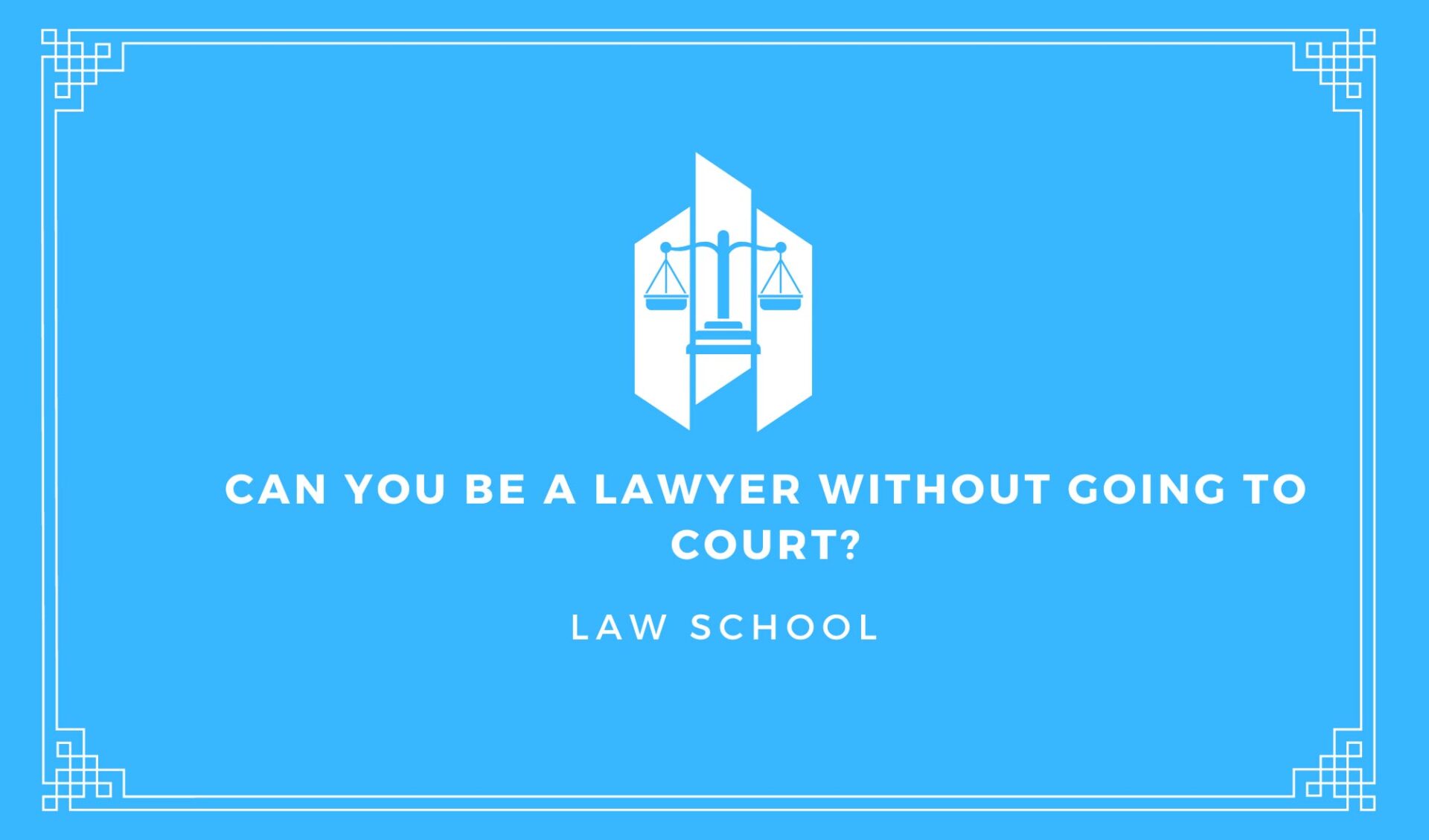As someone in the legal profession, it’s important to know the law when you go to court. Even if you don’t understand all the laws, the people around you will.
If you’re standing in the courtroom, you may find yourself asking, can you go to jail at an arraignment?
As someone on the defense side of things, you may feel like you are being thrown in jail for just standing in the courtroom.
With that in mind, this blog post will give you the lowdown on exactly what you can, and cannot, do at an arraignment.
You probably know all about court hearings if you have ever been arrested or charged with a crime.
These hearings are often known as arraignments. Arraignments are the first step to getting your trial started.
Arraignments are what will happen between the time of your arrest and the time the trial starts. Arraignments are where things like bail and trials are discussed.
However, some people are not sure if they can go to jail or if they can attend arraignments. Here are a few things you should know about the possible outcomes of your arraignment.

What Is An Arraignment?
An arraignment is the first step toward hearing your case from a judge. The purpose of the arraignment is to inform the court that you have been arrested.
A judge will review the charges against you and ask questions regarding your ability to pay bail.
There may be a court date set for later in the month. The arraignment is where the judge will tell you the next steps.
You should understand that you have the right to a lawyer during this process. If you are unable to afford a lawyer, the judge will appoint one for you. You may be allowed to go free after paying bail.
However, a lot of additional administrative matters are handled at the arraignment hearing.
The defendant will be read his rights by the judge (unless the defendant waives hearing them), which include the right to a trial and the right to see the evidence against him.
And the right to call witnesses in his favor, the right to have a lawyer represent him if he cannot afford one, and more. A status hearing and any previously filed motion hearings will be set in the future.
The defense may request a hearing that questions whether the initial charges’ supporting evidence is sufficient. Depending on the court or jurisdiction, this hearing may go by many different names, including “preliminary hearing” or “probable cause hearing.”
In certain jurisdictions, the hearing must take place right away or quickly.
The release subject will also be discussed in court (even if the defendant has appeared voluntarily and is out of custody).
Can You Go To Jail At An Arraignment?
The defendant must be present at the arraignment hearing. A warrant for his arrest may be issued if the defendant fails to appear at arraignment.
A bail hearing may be held in his absence. Some jurisdictions require a bond, but others do not.
If a defendant has been charged with a crime, he will likely be required to post a bail amount. If you are going to be released from custody, you should get the details of your release from your judge or bail bondsman.
You should understand what conditions are placed upon you, including the amount of money you need to post to guarantee your release.
You may also like: Can a Lawyer Serve on a Jury?
It is uncommon for someone who shows up without the aid of law enforcement (i.e., handcuffs) to wind up in jail. But things do happen.
The first and most common scenario is if the defendant is unable to pay the amount established as security by the court.
Suppose the defendant is unable to provide the requested amount. In that case, he will be arrested and held in custody until the required security amount is reduced, waived, or other terms are established (like an ankle monitor).
The second possibility is when the prosecution claims that there is a flight risk despite the defendant’s voluntary appearance.
It can happen when the prosecution is aware of impending charges that the defense is not yet aware of. Another instance of it is when:
- The defendant has a history of missing court dates.
- The defendant has substantial resources or connections abroad.
- The defendant has expressed to others his intention to depart the area, as well as his intention to get in touch with the victim or other witnesses (especially if the contact is intended to be harmful)
In any case, the court will need to establish a certain amount of bail, even if the prisoner poses a flight risk.
Only very seldom does a criminal have no choice but to post bail, and failure to do so can lead to a constitutional challenge by the defense.
Should You Fear Going To Jail At Arraignment?
It is common for people to have concerns about going to jail if they have been charged with a crime. Some people think that going to jail will be like being in prison, and that’s why they are afraid to go to court.
Of course, the fact is that going to jail is nothing like being in prison. People who have been convicted of crimes can still get free legal help.
It depends on your circumstances and case. It is essential to speak with your criminal defense attorney before the hearing if you fear that the bond amount will be too high for you to afford or that the judge will view you as a flight risk.
The attorney may provide evidence and even call witnesses to convince the court to waive bail and the requirement that you remain in detention while awaiting trial.
Final Remarks
We hope you enjoyed our blog “Can You Go To Jail At An Arraignment?” Our blog post looks at the process of arraignment and may provide some insight into what happens.
It is important to understand the process, so you know your rights and what to expect.
The penalties for the offense will be decided there. For felonies, you can go to jail at arraignment, but the judge will decide when and on what terms.
We hope you enjoyed our article on arraignment! Thank you for reading. We are looking forward to hearing from you.


